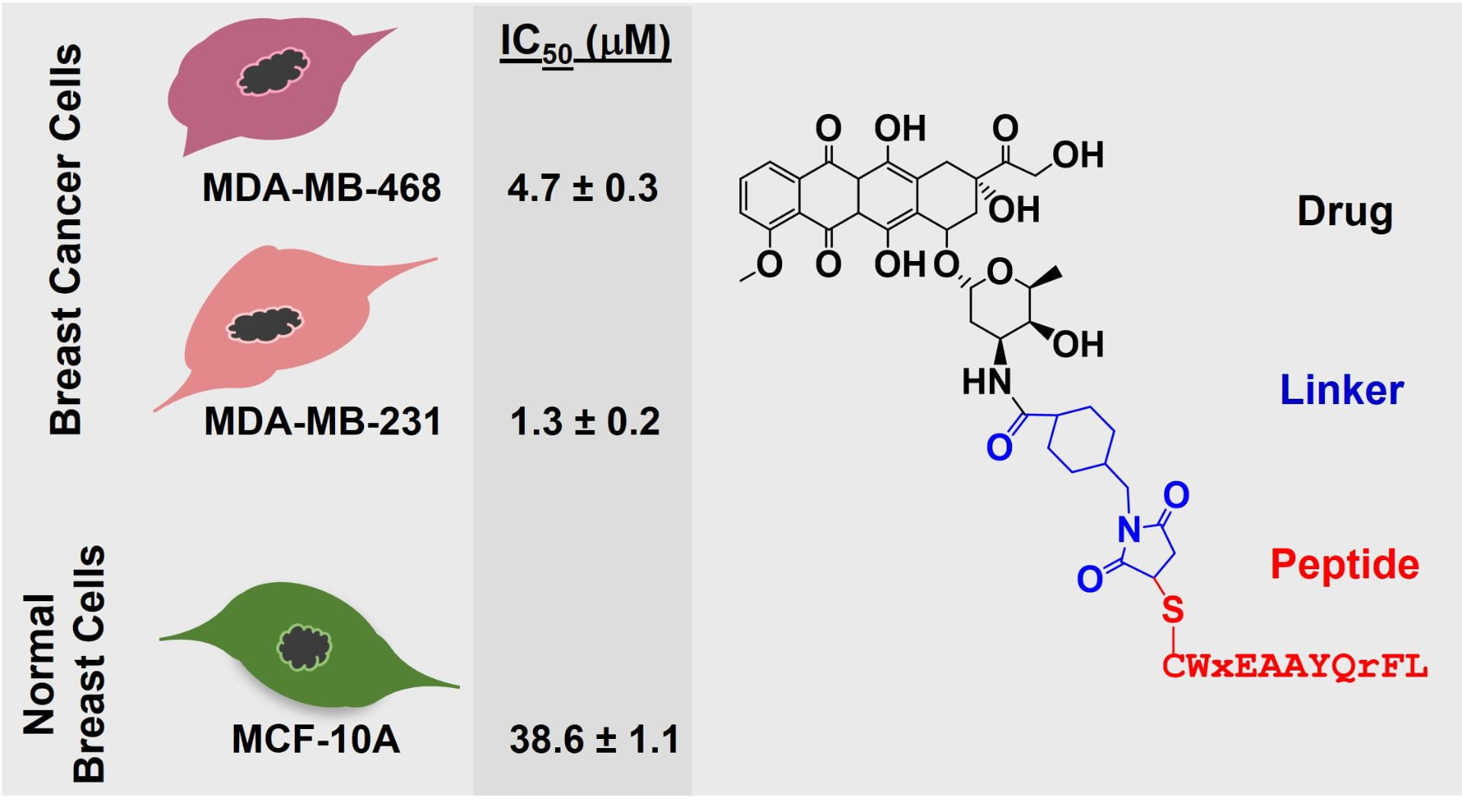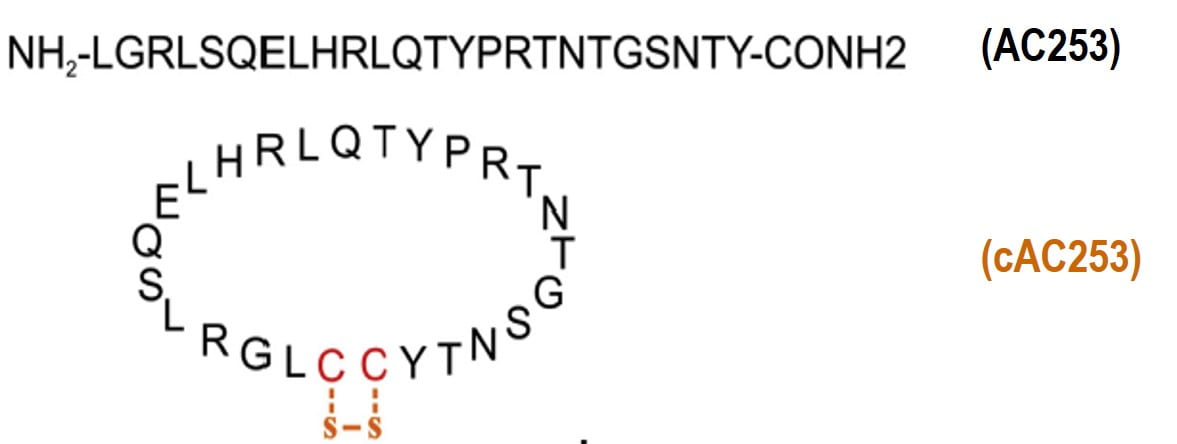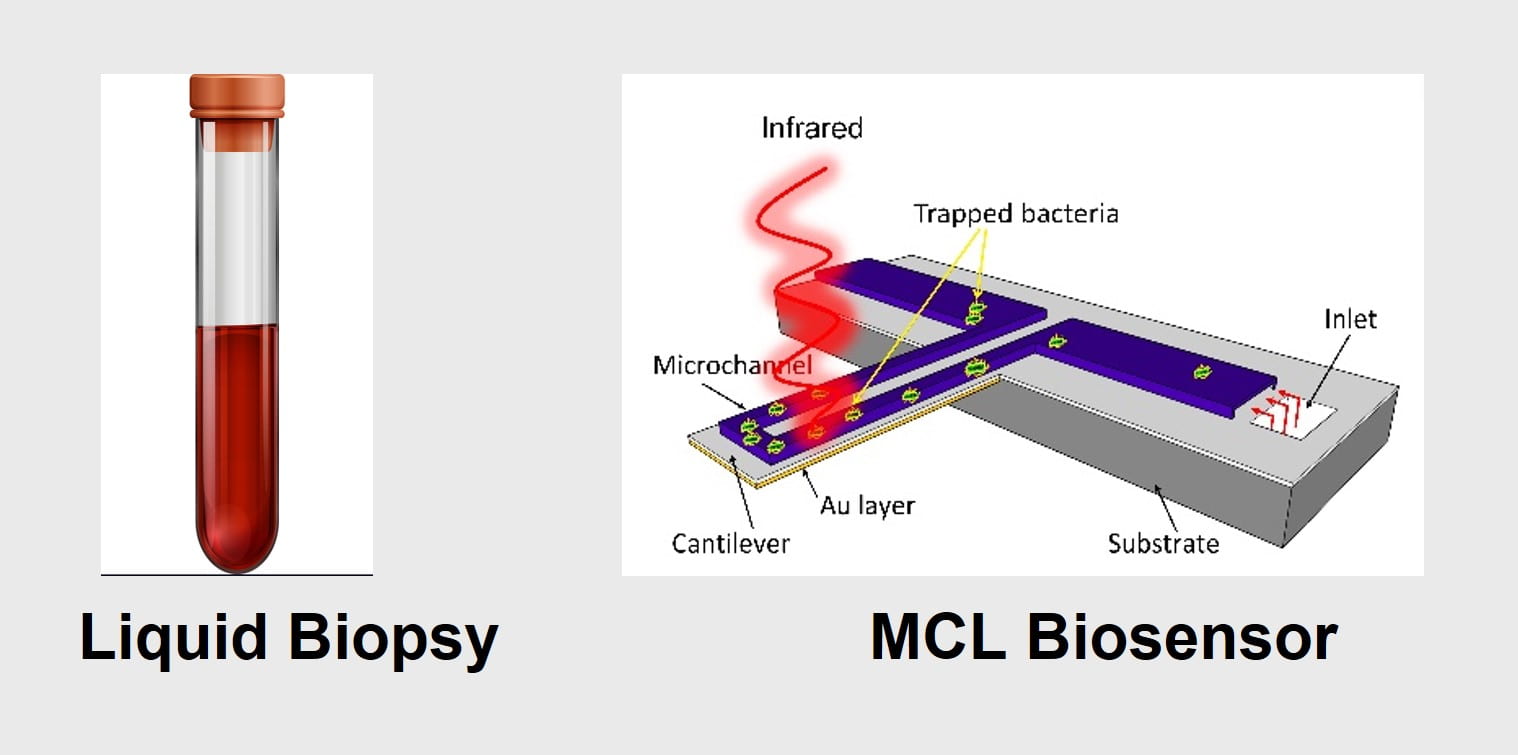The Biomimetics and Molecular Engineering Laboratory (BMEL) is dedicated to the study of biologically active peptides and the design and synthesis of their metabolically stable analogues. Peptides—short chains of natural amino acids—interact with biological receptors and proteins with high specificity. However, their therapeutic use is often limited by rapid degradation due to proteolysis.
To address this limitation, we apply the principles of peptidomimetics, a field focused on developing synthetic analogues that retain the biological activity of natural peptides while offering enhanced metabolic stability.
Our research centers on engineering peptides and peptidomimetics for biomedical applications. We focus on two primary areas:
-
Targeted drug delivery to treat cancers (e.g., breast, ovarian, uterine, cervical, and melanoma) and neurodegenerative diseases such as Alzheimer’s
-
Biomedical diagnostics for early detection of cancers and pathogenic bacteria
These efforts contribute to our broader mission of developing innovative therapeutics and diagnostic tools for cancer, infectious diseases, and neurological disorders.
Keywords: Medicinal Chemistry · Targeted Drug Delivery · Diagnostics · Infectious Disease · Breast Cancer · Pathogenic Bacteria · Bacteriocins
Targeted Drug Delivery
- Breast Cancer Targeted Drug Delivery: Our goal here is to engineer breast cancer targeting peptides and peptide-drug conjugates (PDCs) for increasing the therapeutic efficacy of current chemotherapeutic drugs.
- Delivery to Brain: Here we are developing brain penetrant peptidomimetic amylin receptor antagonists for the treatment of Alzheimer’s disease.
Biomedical Diagnostics
- Circulating Tumor Cells (CTCs): We are exploring peptide-based platforms for real time detection of CTCs in blood samples from breast cancer patients. The goal of this project is to develop a blood test (liquid biopsy) for breast cancer detection.
- Pathogenic Bacteria: Antimicrobial peptides produced by bacteria, known as bacteriocins, are being engineered for peptide-based biosensor platforms to detect pathogenic bacteria like Listeria monocytogenes, E. coli, Salmonella, etc. We also study bacteriocins to develop novel antibiotics against pathogenic and resistant strains.



